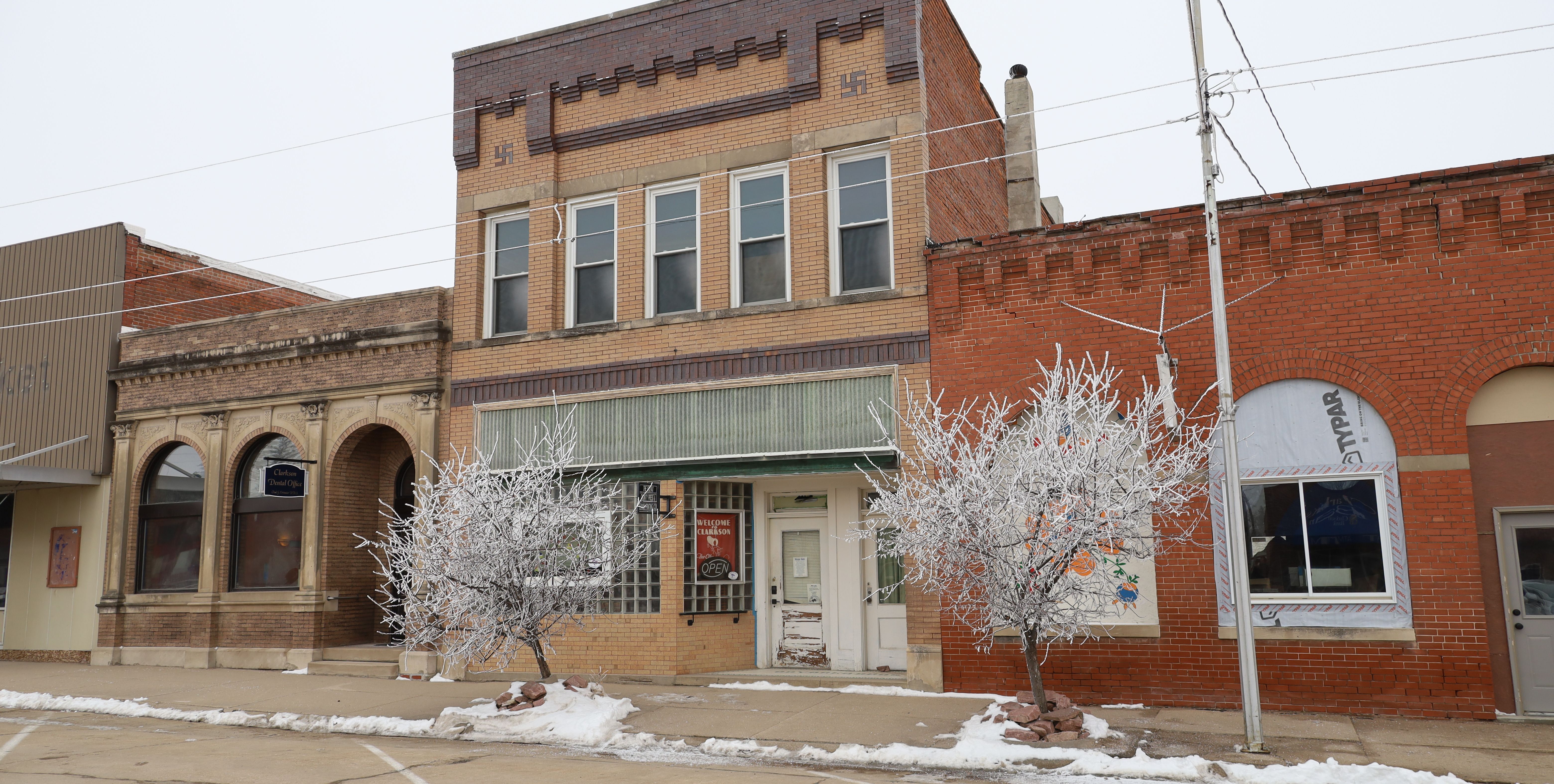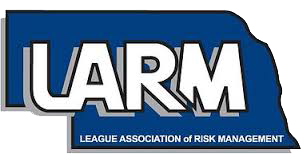
In Nebraska, vigilance in protecting equipment and buildings from severe cold is a perennial responsibility. Not being prepared for extreme cold weather can cause disastrous consequences for municipalities, including the possibility of frozen and burst water pipes, stalled vehicles, and gelled diesel fuel lines in emergency equipment. Preparation is the key which means planning and implementing steps that protect equipment and property from the effects of cold weather.
Before the temperatures dip, post a cold weather preparation checklist, so the staff is reminded of all the buildings and equipment that need to be fortified from the cold.
One of the items on the weather to-do checklist should include adding layers of insulation in the walls of cold-susceptible areas. Don't forget to add additional insulation in the ceiling, especially if overhead pipes may be exposed to the cold.
Consider boarding up unused doors and windows or replacing regularly used ones that are not energy efficient. There may be energy incentives available for communities that replace old windows and doors with more modern and energy-efficient ones. If boarding up or replacing the windows isn't practical, place a plastic covering on the inside. Another option is to caulk or weather strip windows and doors where cold air may be leaking in.
Buildings with water pipes or that store essential equipment susceptible to freezing temperatures should be kept at a temperature of at least 55 degrees. Place thermometers in various rooms in the building, and if the heat does not seem to reach all areas of the building, it may be necessary to raise the thermostat temperature to 65 degrees. Do not place portable heating devices in attended facilities. Staff that use portable heating devices in their offices should be reminded that the heaters should be kept away from anything flammable. There should also be adequate airflow around the devices, and they should be unplugged when no one is in the office.
It's imperative to check on the status of buildings as to whether they are warm enough. Consider installing low-temperature alarms in facilities that can send an alert if the temperature in the building drops unexpectedly. In very cold weather, it's necessary to check buildings more often, including on weekends, evenings, and holidays. It's better to take steps to warm a building up where the temperature has unexpectedly dropped than to deal with equipment that doesn't run or frozen and burst water pipes.
In extremely cold weather, let the water trickle from faucets served by exposed or vulnerable pipes.
Have backup generators at the ready and ensure adequate fuel is available to power them.
Many resources are available to keep buildings and equipment protected from the cold Nebraska winters; however, vigilance is the key to ensuring the cold isn't causing damage.
